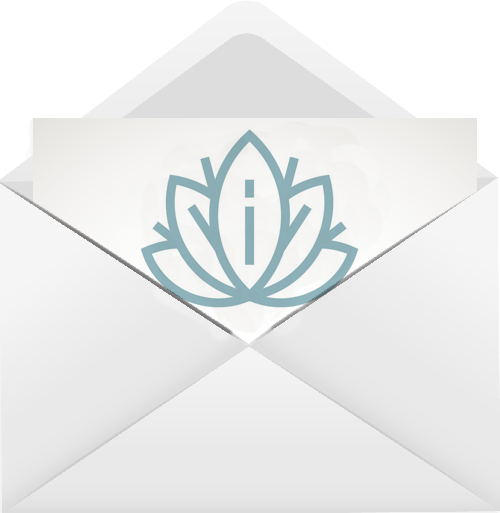Most people are suffering some degree of information overload today; this is a big one in our high-tech world where we flip from iPad to phones to computers and TV. We are exposed to more information during one day than our ancestors would have been in a lifetime.
Solution:
Take time out regularly from all computer screens. When you are working on your computers, phones, and social media for long periods of time, you are more likely to experience increased amounts of beta brainwaves, which can potentially lead to anxiety, therefore potentially increasing your stress hormones and decreasing productivity.
When you take a break from your screens, your aim is to create more alpha and theta brainwaves. Think of this like defragging your computer. Similarly, you need to defrag your brain and boost your alpha waves. When you do so, you will have bursts of insight, be more productive, think better, and feel more calm. How do you boost the amount of alpha waves in your brain?
I know that I have bursts of incredible insights early every morning when I wake up after a restful sleep, as I would have a lot more alpha brain waves present. These insights often solve challenges that I have been trying to solve in my waking state but haven’t been able to. So the message is be kind to yourself and take back control of social media, screen time and TV. You probably already know that any form of screen time is highly addictive and before you know it you are drawn down the rabbit hole, looking at stuff that’s probably not even relevant to you, but somehow you’re finding it interesting. Fall in love with taking care of yourself! You are one of a kind! There is only one of you!
Here Are a List of Suggestions—Take Your Pick
1. Walk away from your screen. This is your first and hardest one—set an alarm so that you take a five-minute break every one to two hours.
2. Do a short five-minute meditation.
3. Sit quietly somewhere for five minutes and just slow your breathing down. Then try to deepen it a little and feel your breath as it comes in and out of your nose. This is like a mini meditation.
4. Go for a walk outside for five minutes and be mindful when you do; notice all the beautiful trees, birds, and surroundings.
5. Listen to some relaxing music for five minutes.
6. Do some yoga, stretching, or any type of movement (dance) for five minutes.
7. Go and have a five-minute chat with a colleague, friend, or spouse. Try to keep it light, where your aim is just to connect and experience the energy of another human being.
8. Ensure you stay hydrated; have a glass of water by your side at all times.
9. Aim to keep your blood sugar stable by eating low GI foods and eat every three hours. Have healthy low Carb (GI) snacks on hand, so you are not tempted to eat junk food, which would add to your stress levels. For example: nuts, avocado and hummus, cheese, celery and peanut butter and homemade treats made with almond/coconut flour and minimal or no sugar.
Take control of information overload, as sitting in front of a computer for too long without adequate breaks is not good for your mental or physical health. You will end up feeling disconnected, socially isolated, lonely, and depressed. You need social contact; make sure you prioritise face-to-face contact with others and see every opportunity to connect with someone as a blessing and one that will add joy to your life.
You will feel uplifted after you have spent some time with others. I found that during the lock down periods of the Pandemic 2021 the lack of face to face contact really messed up my mental health, like it did with so many others. Don’t think connecting with people on social media will fill this void. It won’t. You need face to face contact to nurture yourself, even if it’s just a quick little incidental conversation with a colleague, neighbour or friend. Those quick little conversations are the ones that improve your mental health and help you to feel happy. Really treasure those moments and seek them out. Trust me you will feel uplifted.
1 Neuroscience. (2021). Stress, anxiousness, and the brain wave connection. https://www.neuroscienceinc.com/news/2020/stress-anxiousness-and-the-brain-wave-connection

